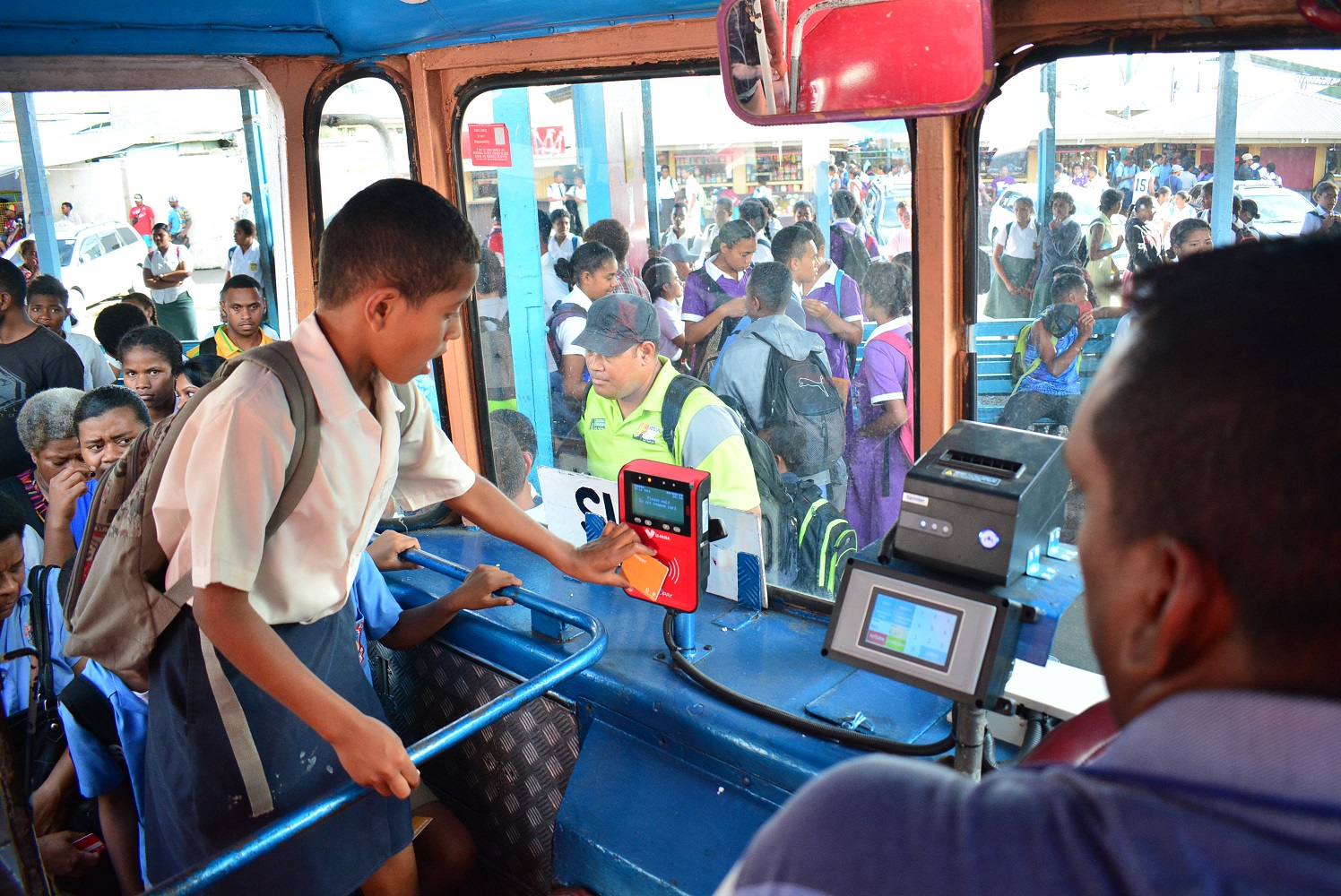FIJI is working on improving its bus e-ticketing system to bring public transport into the modern age and make life easier for commuters, says IT professional Mohammed Nafeez.
Speaking to this newspaper yesterday Mr Nafeez said the integration of the system with the Fiji Revenue and Customs Service (FRCS) would ensure better tax compliance and minimise loss in tax revenues.
“This system is poised to make several changes such as new payment methods, the ability to issue receipts electronically, and an overall smoother transaction process,” he said.
“The upgrade will also expand e-ticketing to taxis, minibuses, and hire vehicles, facilitating a universal system of fare collection throughout the transport industry. In these active system upgrades, the role of artificial intelligence (AI) can be embraced to increase effectiveness, security, and the overall experience for passengers.
“Some of the key features include:
The system will support additional payment methods via a mobile application, allowing users to make transactions seamlessly using their smartphones in addition to traditional bus cards.
Instead of printed receipts, transaction records will now be available electronically on the commuter’s bus card and the mobile application. This shift not only streamlines the payment verification process but also reduces environmental impact by minimising paper waste.
The new system is expected to include better fraud detection mechanisms and improved card security to prevent unauthorised use.
Commuters will be able to check their fare deductions and balance in real-time via the mobile app, ensuring transparency and better financial management.
The upgraded system may also incorporate automated fare calculations based on routes and distance travelled, making it fairer and more efficient.
The e-ticketing system is planned to be extended to taxis, minibuses, and hire cars, etc, ensuring a seamless and standardised fare collection mechanism across different transport services. This extension is expected to eliminate unreported cash payments and ensure tax compliance from all public transport operators.
A structured awareness campaign will be launched to educate commuters on the new e-ticketing system, its benefits, and proper use. Additionally, mandatory training for bus drivers and other public service vehicle operators will be implemented through the e-ticketing infrastructure service provider or authorised TVET institutions to ensure compliance and operational efficiency.
“The upgraded e-ticketing system is designed to address several shortcomings of the existing framework while enhancing user experience.”



